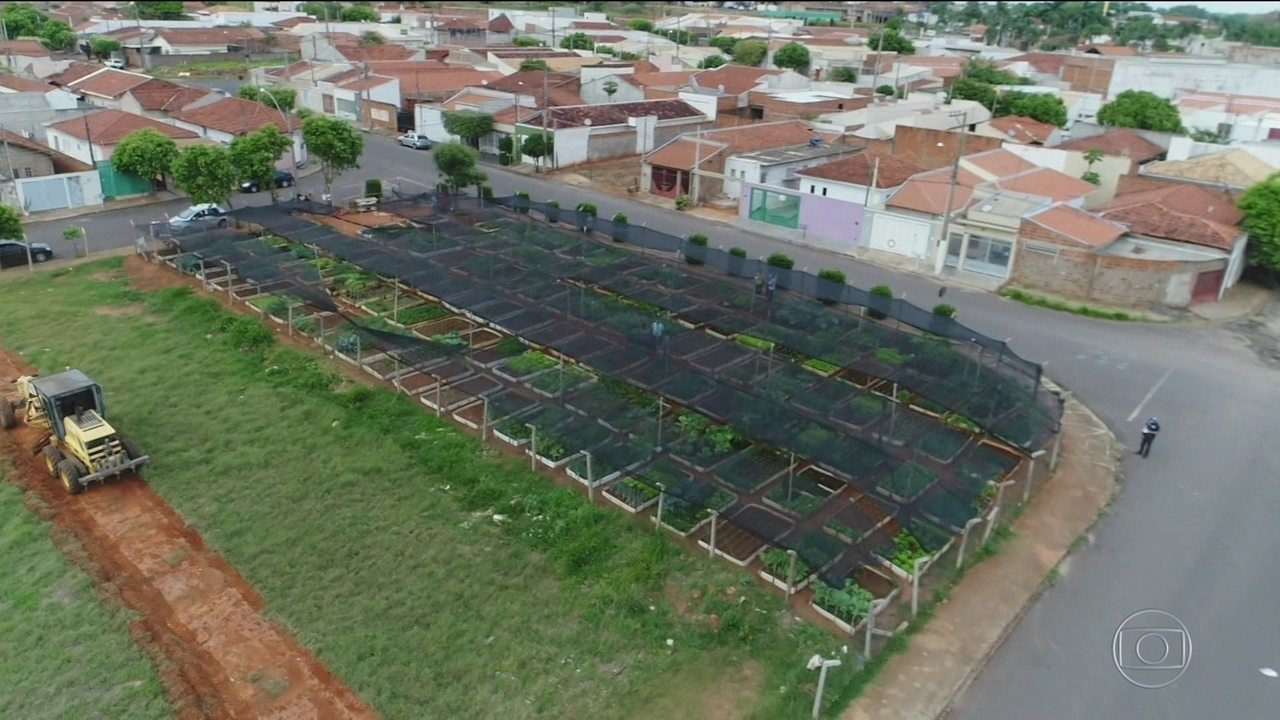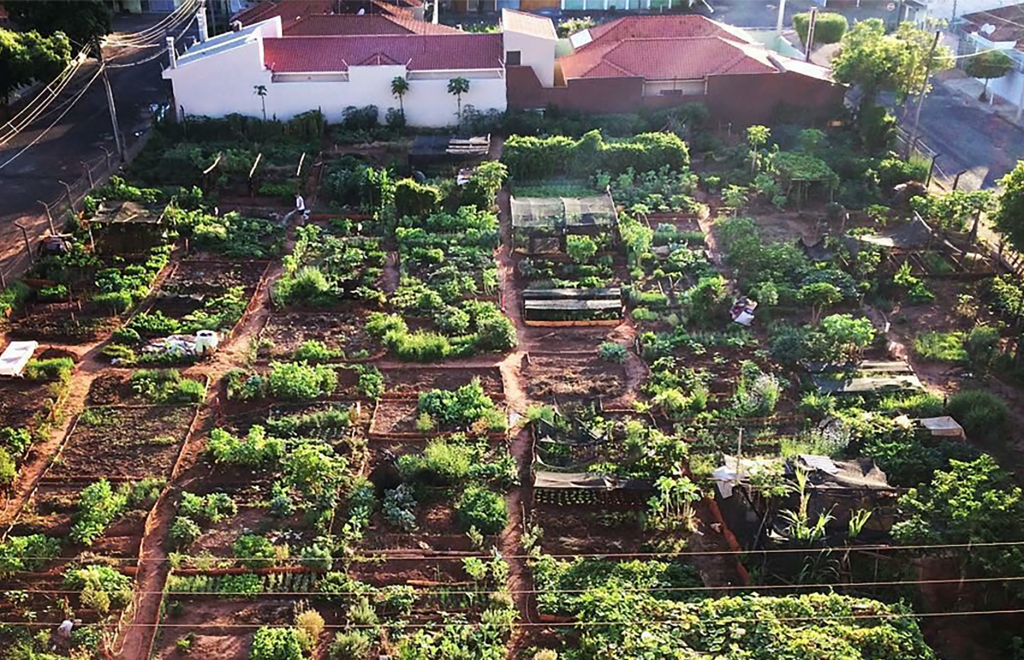RIO DE JANEIRO, BRAZIL – A project is changing the landscape of several Brazilian cities. Wasteland – which during this rainy season has become a public health problem – is gaining another utility throughout the country.
There are cabbage, lettuce, scallions, pumpkin. Fresh, organic food, planted jointly for the whole community. “We needed it, now we have enough to donate,” says retired Idevildes Jardim dos Santos.

All this abundance comes from the 62 community gardens scattered throughout Birigui, a city of 123,000 inhabitants in the northwest of the state of São Paulo.
The first community gardens emerged in Birigui in the 1980s as an alternative to a major problem: abandoned spaces. Wastelands that accumulated garbage. “When they talked about planting a vegetable garden, I said: ‘but everything here used to be a garbage dump,’ recalls housewife Ruth Camargo.
The first vegetable gardens were strategically set up in places with a lot of filth. A simple and effective solution to a problem that seemed endless. But the residents embraced the idea and in these 40 years, they began to look after these areas with great affection.
Everything is very well organized. The municipality donates what they need for cultivation and each family has its own designated flowerbed. The surplus cannot be sold, it must be donated. “I love donating, I love seeing happy people,” says housewife Suney Cristina Almeida Pelegrine.
An idea that proliferates throughout the country. In Mogi das Cruzes, in the metropolitan region of São Paulo, residents converted a piece of land that was being used as a dumping ground for garbage into a huge orchard.

In Rondonópolis, south of Mato Grosso State, the residents planted vegetables and greens on land that was abandoned and very polluted.
In Palmas, an elderly couple took over a vacant lot in front of their house almost a decade ago. The experience worked and today the whole community benefits.
In greater Goiânia, a garden is part of the project, developed by an NGO which selected ten schools for the purpose of developing a healthy diet. There are more than 20 kinds of vegetables and even fruit. Everything is used to feed the students.
“Surely their food is much better and has a different taste. Think about it, students have snacks and think: ‘Wow… I was there the day I planted it,'” says Carla Oliveira, a volunteer with the NGO Ecomamor.
In Birigui, the vegetable garden project also reached the schools. Students of all ages are taught how to grow vegetables. “In addition to producing food, they eat at school and take it home too,” says Meiriane Aparecida Beltran, Secretary of Education.
Source: G1

